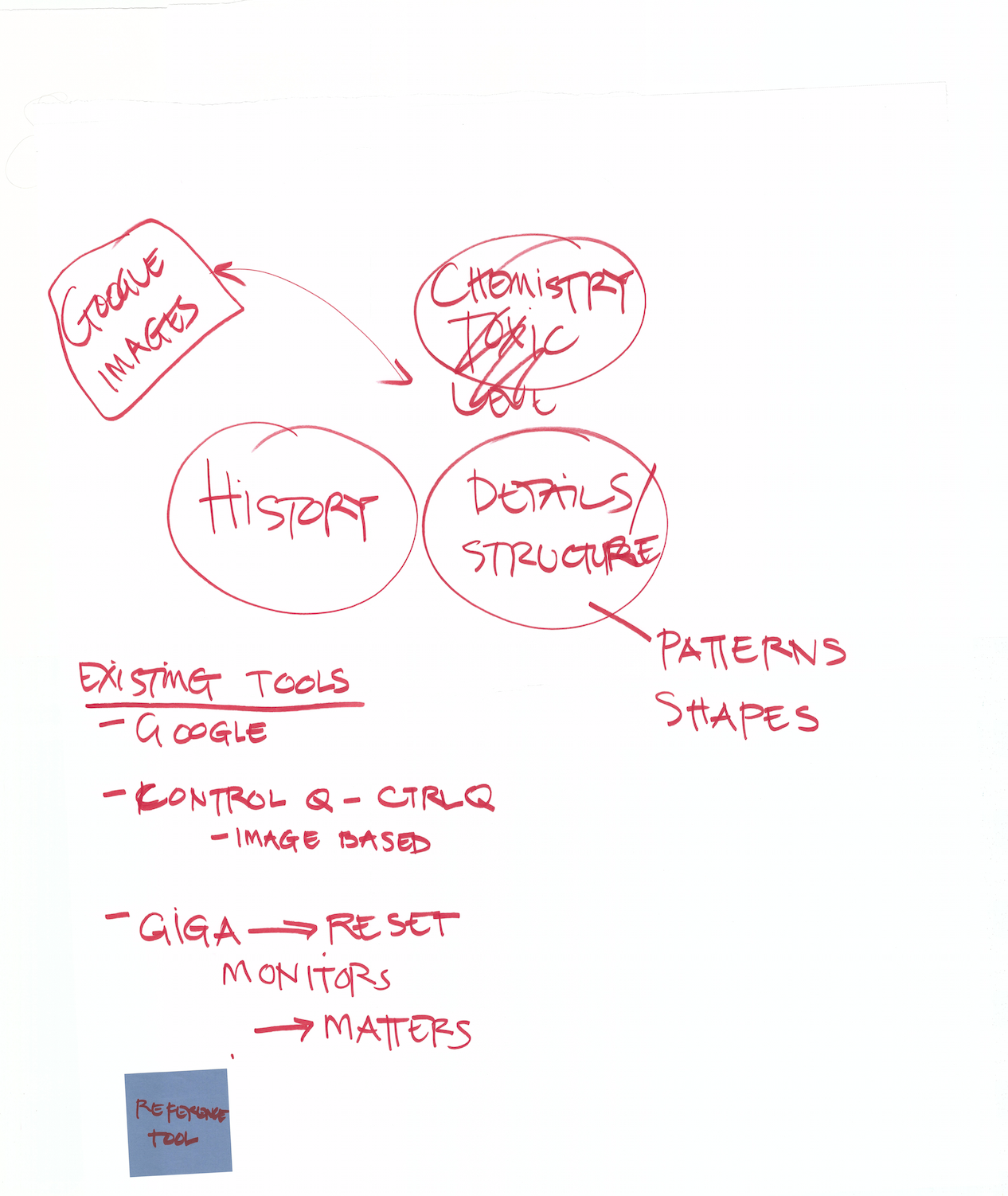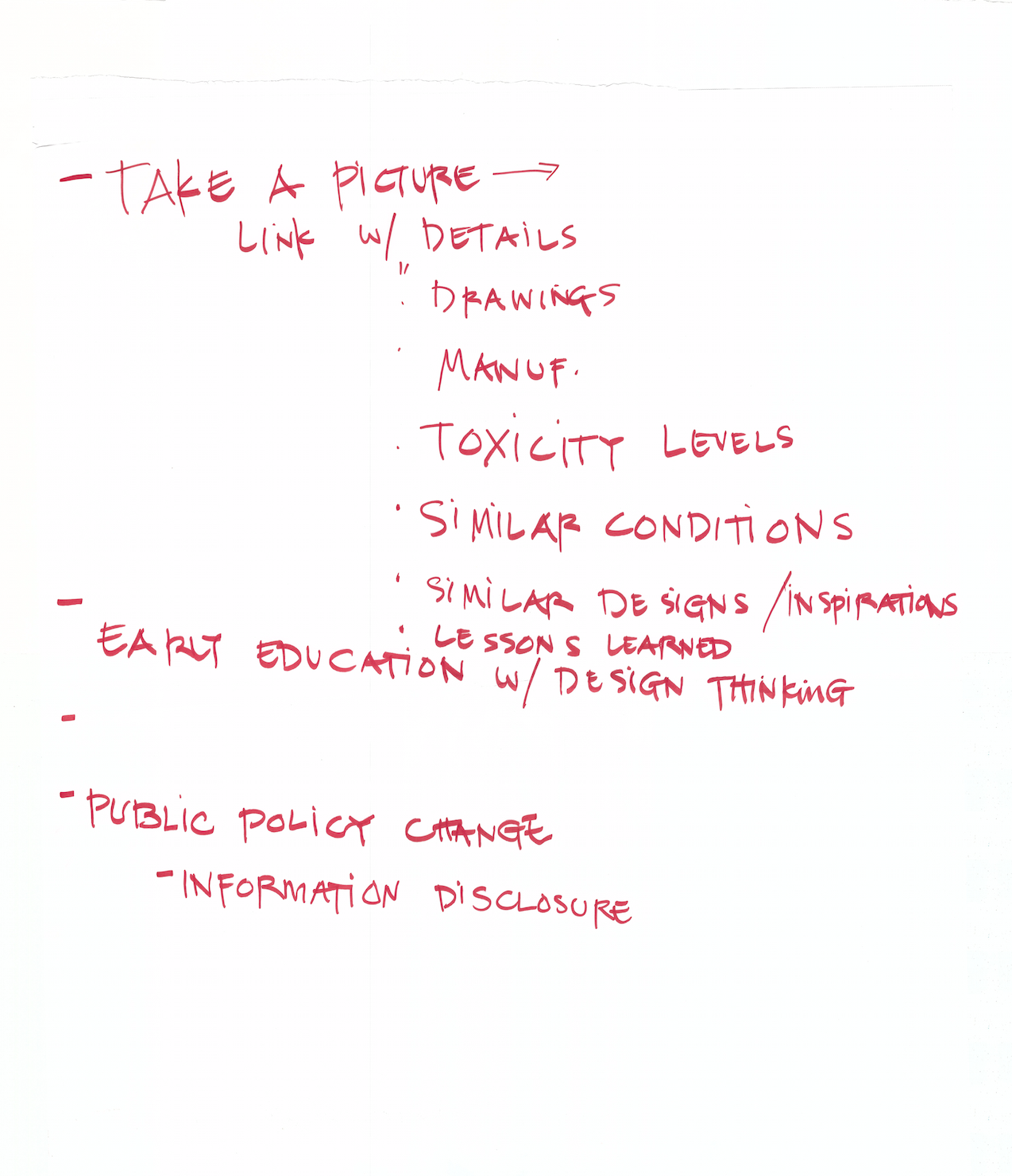EQxD Hackathon 2016 Team 3 - A Shared Experience by Julia Mandell,AIA, Hilary Barlow,AIA, Amy Kalar,AIA, and Obi Okolo.
Teams listen to Anthony Gold for tips on delivering the Pitch.
Accidental chance and random table selection brought the Agora team together at the Equity by Design Hackathon event at the American Institute of Architects (AIA) National Convention 2016 in Philadelphia. Comprised of three architects and one serial entrepreneur, creativity was bound to emerge from table four. Julia Mandell, Hilary Barlow, Obi Okolo, and Amy Kalar quickly progressed from a group of multidisciplinary strangers from across the country to team AGORA when asked to hack a challenge and propose a solution.
Choosing a problem in architecture practice to focus on and ‘hack’ was overwhelming at first. There seemed to be an endless amount of options and approaches we could have taken.
As we brainstormed, no idea was off limits or incorrect. In fact, the more open we were, the more we were able to feed off each other and generate provocative ideas. We quickly learned not to be afraid to ask why or think outside of the box. After exploring many different ideas in rapid succession, we realized an underlying theme to our thoughts: EGO.
In all the ideas our different knowledge bases generated, we all agreed on one thing: there is a lack of accountability for architects within our profession today— Architects are only accountable to themselves. There is a sense within the profession that architects know best, that we are the only ones who have access to elite knowledge about design. This contributes to a disconnect between architects (who are typically thought of as the “Old White Guys”) who currently dominate the profession and a more diverse public. There is also a disconnect within the profession, between that same demographic and the younger, more diverse generation that is the future of the profession.
Many post-it notes later, we found our solution: AGORA—the New Building Information Modeling. Essentially a mash-up of yelp, geolocation, and cloud-based building information modeling, AGORA is a feedback software application that would link public comments on buildings to spatial tags within existing buildings. Tags would also provide information on the people and processes that had produced the building. And advanced design could also include a virtual reality component - you could read the comments and the process information in the building by scanning the tags with virtual reality goggles.
By creating public engagement through feedback and social building, AGORA would hold architects accountable by the public. This would create an accessible feedback system for users that would contribute to the development of future buildings and increase public engagement. Simultaneously, AGORA would gather user feedback for professional use in the design of similar programs/sites/materialities and engage the public in the design process.
Letting go of specifics and practicalities during the Hackathon allowed us to think unconventionally and hone in on a missing element within the profession. The fast-pace structure forced us to confidently choose something and run with it. As Julia stated, “the hackathon was a great reminder of the power of moving fast to get ideas out. The tight structure pushed us to move through the process.” One of the greatest challenges was distilling our idea into a cohesive and convincing argument within three minutes. We needed to condense all of our talking, brainstorming, and hacking into a clear and concise pitch that would win over the judges. Amy’s personal story on mother’s rooms and the need for public feedback on buildings helped us to connect with the audience and judges on a personal level.
AGORA Team Pitch: Amy Kalar, AIA, Julia Mandell, AIA, Hilary Barlow,AIA and Obi Okolo
At the start we had no idea what our end result would be and it was fascinating to see how far and quickly we were able to develop our broad idea of ‘EGO’ into AGORA. We started as four strangers but left the Hackathon as team AGORA, a team passionate about agency and engagement.
And after the Hackathon, Agora Team member, Amy Kalar, AIA and blogger of Archimom.Com shared some great news as an outcome for Agora App!
"Well, it turns out someone from SXSW Eco heard the pitch for our idea and asked us to submit our idea for their Place by Design Competition. Really the Hackathon could be an entire post by itself (and if we are a finalist for SXSW Eco, it certainly will be!)"
- Amy Kalar, AIA via Archimom.com
EQxD Hackathon 2016 Recap - Blog Series
(Catch up here if you missed these earlier posts)
Dear Udo, You were the original Hacker
Meet the 2016 Equity by Design Hackathon Winners - "F.I.M."
2016 EQxD Hackathon Recap: Team 2 - Where in the World...?
2016 EQxD Hackathon Recap Team 1: SWIPE RIGHT! w/ ArchMatch.com
Agora App: A Modern Day Forum For Architectural Practice
How can Architects demystify the built environment?
2016 EQxD Hackathon Jurors: Working with the "A" Team








